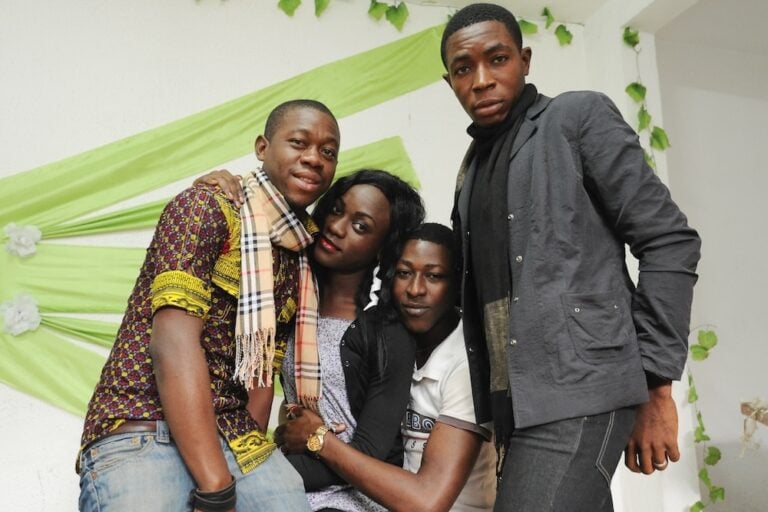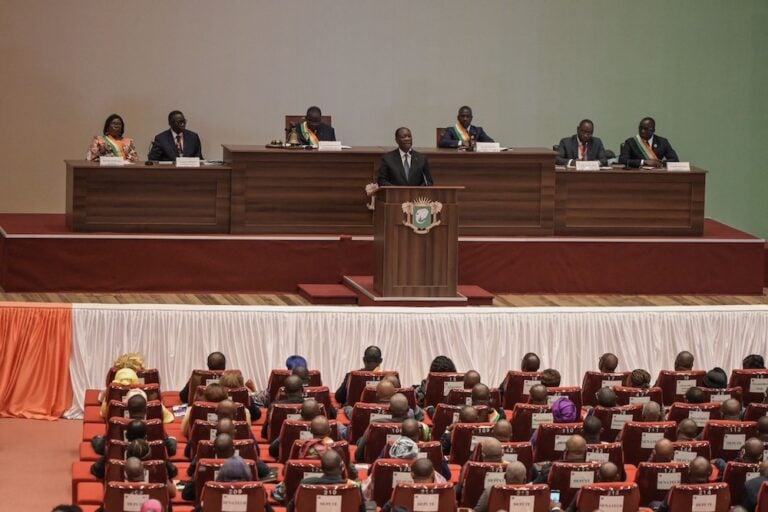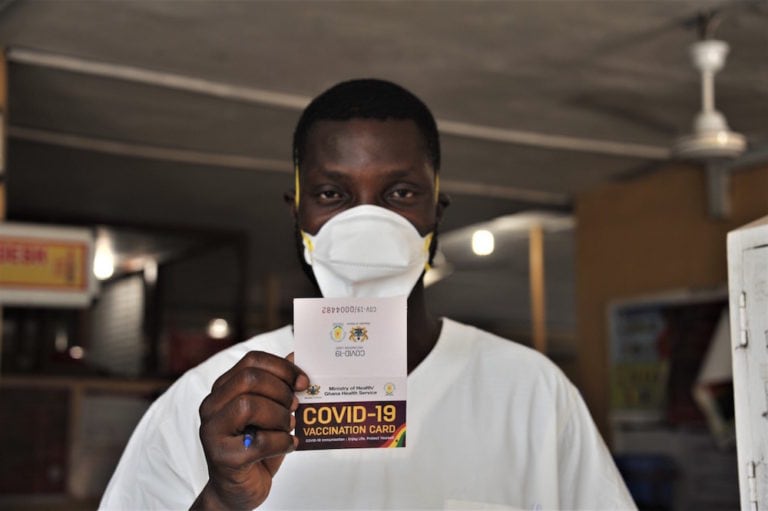(RSF/IFEX) – On 28 May 2004, Michel Legré, a key witness in the case of missing journalist Guy-André Kieffer, was charged with “accessory to kidnapping”, “unlawful confinement” and murder. Legré was also charged with defamation. RSF has accused Ivoirian judicial authorities of applying a double standard in the case, by charging Legré in connection with […]
(RSF/IFEX) – On 28 May 2004, Michel Legré, a key witness in the case of missing journalist Guy-André Kieffer, was charged with “accessory to kidnapping”, “unlawful confinement” and murder. Legré was also charged with defamation.
RSF has accused Ivoirian judicial authorities of applying a double standard in the case, by charging Legré in connection with the journalist’s disappearance while at the same time refusing to question people he has identified as having information about the case, and blocking the French pretrial investigation judge’s attempts to question them himself.
“In charging Legré, it appears the judicial authorities want to make a scapegoat out of an accomplice, to avoid going after those who are really responsible,” said RSF. “Either the judicial authorities have acquired new information in the case that they are not sharing with the French investigating judge Patrick Ramaël, or they have simply decided to charge the key witness in the case, rather than questioning the other persons named by him, as Ramaël had demanded,” the organisation said.
While refraining from commenting on Legré’s involvement in the case, RSF expressed its shock over the defamation charges, which were based on statements he made to officials investigating the case. The organisation has called on judicial authorities to ensure that, as the main witness, Legré is given adequate protection.
Despite complaints filed by Kieffer’s family and RSF, Ivoirian judicial authorities did not open a judicial enquiry until 27 May, more than 40 days after the journalist disappeared. When the enquiry was finally opened, it was carried out with the obvious goal of intimidating the witness rather than pursuing the truth.
Legré, who is the brother-in-law of Simone Gbagbo, President Laurent Gbagbo’s wife, was the last person to see Kieffer before he disappeared. He is being held in an Abidjan detention centre.
In two separate interviews with the French judge Ramaël, during Ramaël’s visit to Côte d’Ivoire, Legré named at least eight people who he said were involved in Kieffer’s kidnapping, including Sery Lia, a soldier who reportedly kidnapped Kieffer; Gouamene, an army captain; Aubert Zohore, head of the finance and economy minister’s cabinet; Victor Nembelissini, director of the National Investment Bank; Patrice Bailly, head of presidential security; Anselme Seka Yapo, head of security for Mrs Gbagbo; Bertin Gahié Kadet, presidential adviser on defence issues; and Moise Kore, who claims to be Gbagbo’s priest.
Legré also alleged that, on the orders of Bailly, several men kidnapped Kieffer from the parking lot of an Abidjan shopping centre, forced him into a green four-wheel drive vehicle and then drove him to a military camp.
Ramaël’s requests to interview the eight people named by Legré have so far gone unheard. He has complained to Abidjan’s public prosecutor of a “total obstruction to [his] investigation.”
Ramaël also said that it could not have been Kieffer who drove the car found abandoned at the airport. According to the French judge, the seat had been pulled forward, indicating that someone much smaller had driven the car to the airport parking lot.


